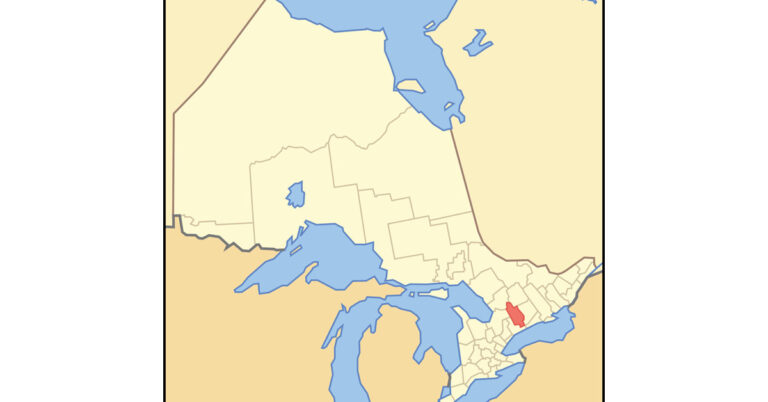
On November 3, two horses in Grandview Municipality, Manitoba, were confirmed positive for equine infectious anemia (EIA). A foal had initially been tested by an accredited veterinarian to fulfill an export requirement. The results required follow-up testing to be performed by the Canadian Food Inspection Agency (CFIA) on both the foal and dam. Neither animal was displaying clinical signs at the time of sampling.
A CFIA investigation is underway, and movement controls have been placed on the infected horse and any on-premises contact animals. Initial reports indicate there are several other equines on the affected premises. Movement controls will remain until all disease response activities have been completed, including follow-up testing and ordering the destruction of confirmed cases.
EDCC Health Watch is an Equine Network marketing program that utilizes information from the Equine Disease Communication Center (EDCC) to create and disseminate verified equine disease reports. The EDCC is an independent nonprofit organization that is supported by industry donations in order to provide open access to infectious disease information.
About EIA
Equine infectious anemia is a viral disease that attacks horses’ immune systems. The virus is transmitted through the exchange of body fluids from an infected to an uninfected animal, often by blood-feeding insects such as horseflies. It can also be transmitted through the use of blood-contaminated instruments or needles.
A Coggins test screens horses’ blood for antibodies that are indicative of the presence of the EIA virus. Most U.S. states require horses to have proof of a negative Coggins test to travel across state lines.
Once an animal is infected with EIA, it is infected for life and can be a reservoir for the spread of disease. Not all horses show signs of disease, but those that do can exhibit:
- Progressive body condition loss;
- Muscle weakness;
- Poor stamina;
- Fever;
- Depression; and
- Anemia.
EIA has no vaccine and no cure. A horse diagnosed with the disease dies, is euthanized, or must be placed under extremely strict quarantine conditions (at least 200 yards away from unaffected equids) for the rest of his life.












